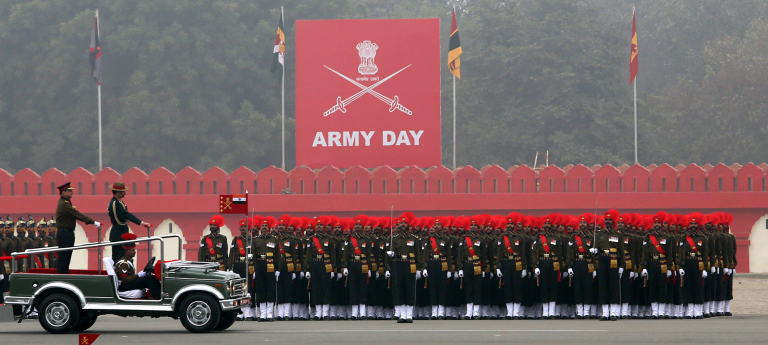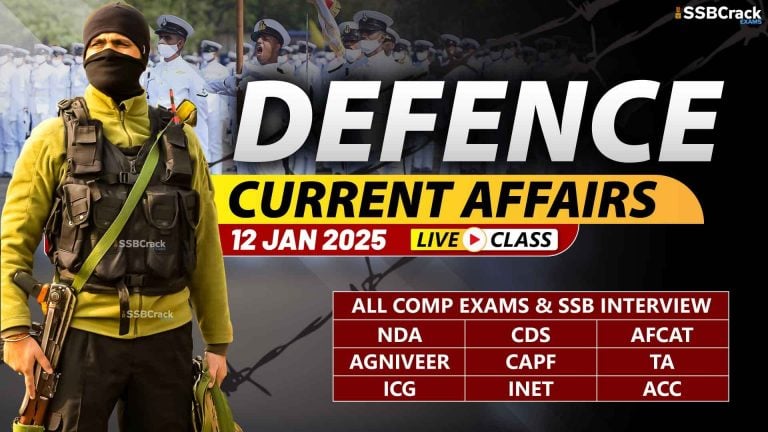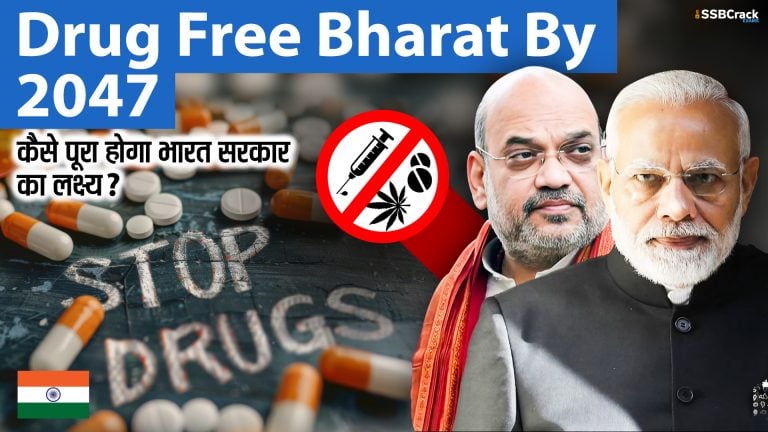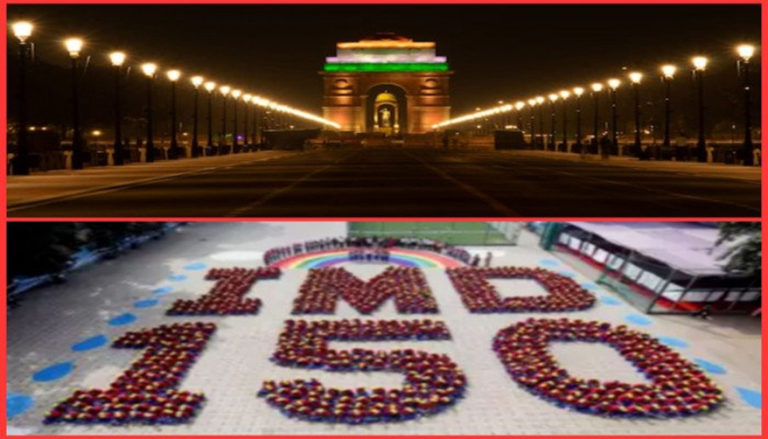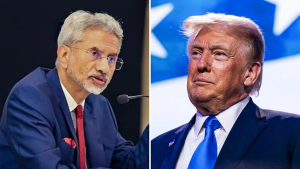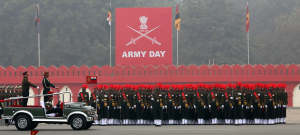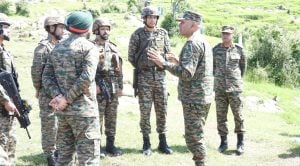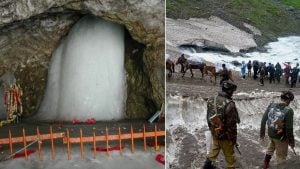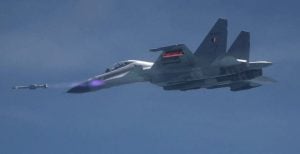Iran and Pakistan have attacked militant bases in each other’s territory, but also reaffirmed their commitment to good neighbourly ties.
Iran, Pakistan And The Baloch Militancy
The relationship between Iran and Pakistan has taken serious hits over the last two days. On Tuesday night, Iranian missiles and drones struck two alleged bases of the Jaish al-Adl, an anti-Iran Baloch militant group, in Pakistan’s Balochistan province. Pakistan reacted strongly to the “blatant breach” of its sovereignty, recalled its envoy to Tehran, said the Iranian ambassador (who is now in Iran) “may not return”, and then, early on Thursday, carried out its own cross-border missile strikes on alleged terrorist sanctuaries in Iran. Iran has summoned a senior Pakistani diplomat in response and will hold large-scale military exercises near its eastern borders, Al Jazeera reported. Both countries have claimed civilian casualties in attacks by the other side.
Relationship Since 1979
Before the 1979 Islamic Revolution in Iran, both countries were firmly allied to the United States and had, in 1955, joined the Baghdad Pact, later known as the Central Treaty Organization (CENTO), a military alliance modelled on NATO. Iran provided material and weapons support to Pakistan during its 1965 and 1971 wars against India. After the liberation of Bangladesh, the Shah of Iran famously said that he would not tolerate “further disintegration” of Pakistan. When Ayatollah Khomeini’s ultra-conservative Shiite regime took power in Iran, Sunni-majority Pak was undergoing its own Islamisation under military dictator Gen Zia-ul-Haq — and the two countries found themselves at opposite ends of the sectarian divide. Geopolitically too, differences began to emerge.
First, as Iran went from being an ally to a sworn enemy of the United States almost overnight, the Americans embraced Pakistan closer. Since 1979, has been a major reason for the Iranian distrust of Pakistan, which increased after 9/11 as Islamabad extended unqualified support to the US “War on Terror”.
Second, Iran’s post-1979 foreign policy focus on exporting the revolution made its Arab neighbours nervous. Each of these oil-rich kingdoms was effectively controlled by a small group of families, not unlike the Shah’s regime in pre-revolution Iran. Pakistan’s continued strategic ties with these Arab kingdoms added rough edges to its relationship with Iran.
Third, Pakistan and Iran ended up on opposite sides in Afghanistan after the withdrawal of Soviet forces. Iran backed the Northern Alliance against the Taliban, a Pakistani creation — and almost entered the war after the hardline Sunni militia massacred Persian-speaking Shia Hazaras and eight Iranian diplomats in Mazar-i-Sharif in 1998. The relationship soured after Gen Pervez Musharraf took power in a military coup in October 1999, and did not show signs of improvement until the Pakistan People’s Party returned to power in 2008. After becoming Prime Minister in June 2013, Nawaz Sharif moved to undo Pakistan’s pro-Iran tilt. He secured major deals with Saudi Arabia, including a $1.5 billion aid package, and strengthened relationships with other Arab allies. The Iran pipeline project remains incomplete.
Common Baloch ‘problem’
The 909-km Iran-Pakistan border, known as the Goldsmith Line, stretches from a tripoint with Afghanistan to the northern Arabian Sea. Roughly 9 million ethnic Baloch live on either side of the line, in the Pakistani province of Balochistan, and the Iranian province of Sistan and Baluchestan. Another 500,000 live in the neighbouring areas of Afghanistan in the north. The Baloch homeland is rich in natural resources but impoverished. In Iran, 80% of the Baloch population lives under the poverty line. In Pakistan, massive investments in projects such as China’s Belt and Road initiative have not improved their lives.
In Pakistan, the Baloch are an ethnic minority physically and politically distant from the Punjabi-dominated regime; in Iran, in addition to being an ethnic minority, the majority-Sunni Baloch are also a religious minority who have been persecuted by the state. Baloch nationalism traces its roots to the early decades of the 20th century, when new international borders came to be drawn in the region. Their marginalisation in both countries in subsequent years fuelled several separatist movements for a “Greater Balochistan” nation state.










